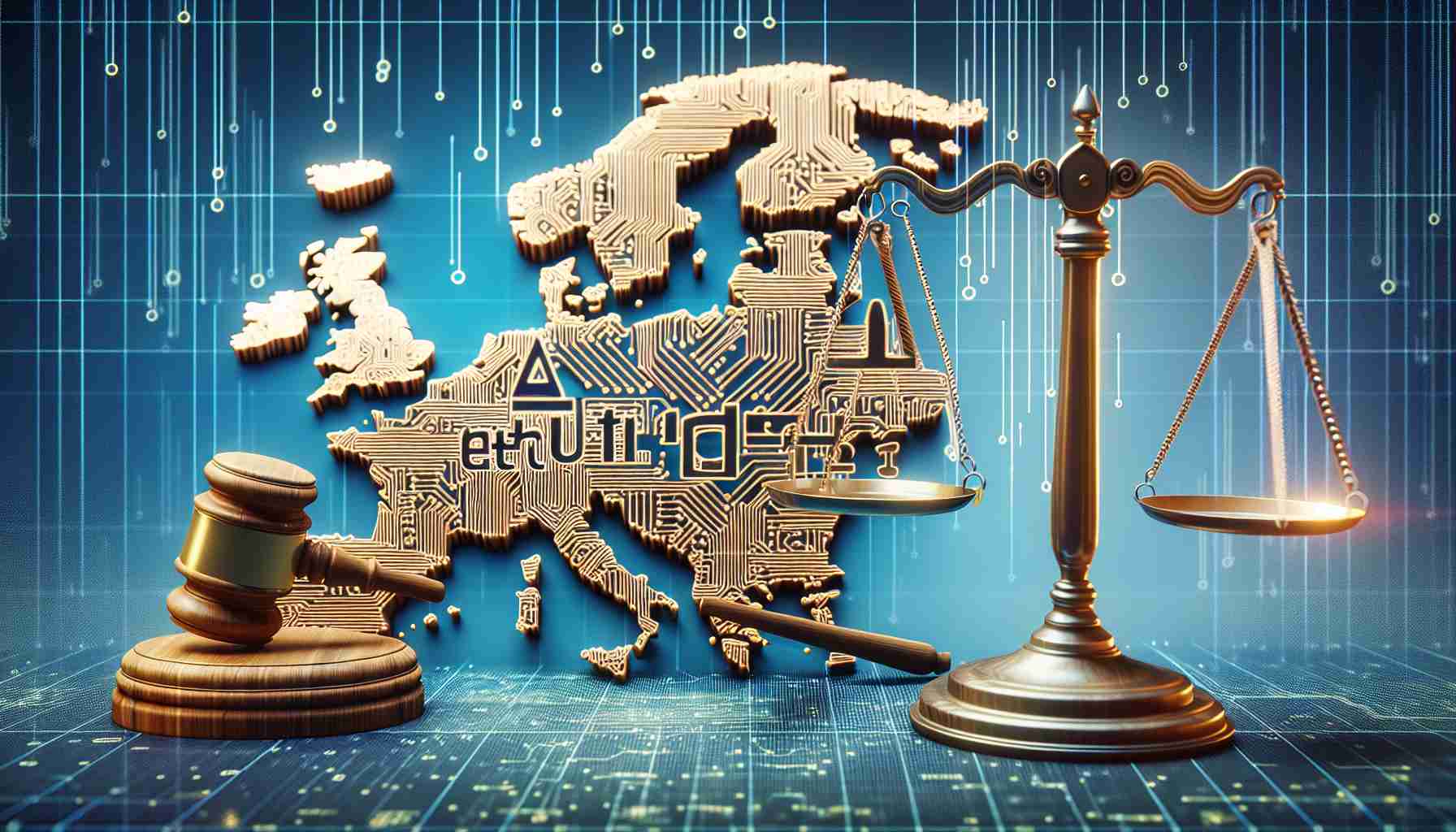The European Union is on the brink of a regulatory revolution that sets comprehensive rules for the responsible deployment of Artificial Intelligence (AI). This bold legislative move aims to balance innovation with ethical considerations, putting humans at the core of technological advancement.
Striking a balance between innovation and ethics, the EU’s approach towards AI regulation is built upon principles that ensure AI systems are developed and deployed in a human-centric and responsible manner. The commitment to align AI with human rights and values underscores the necessity of fostering ethical AI usage while ensuring that fundamental rights, such as privacy and non-discrimination, are respected.
Increasing transparency and accountability, Europe’s regulatory framework seeks to eliminate the “black box” nature of AI. This means designing decision-making processes within AI systems to be clear and understandable. The importance of human oversight is emphasized, especially in critical domains like healthcare, transportation, and manufacturing, where the stakes for safety and reliability are particularly high.
Data privacy protection remains a focal point of the EU’s AI strategy. AI often relies on vast datasets, and the regulations, such as the General Data Protection Regulation (GDPR), provide guidelines for ethical and lawful personal data handling. This is to ensure developers abide by these rules to maintain individuals’ privacy rights.
The impending EU AI legislation, expected to receive formal council approval by May 2024, classifies AI systems according to their risk levels. The regulations include provisions related to transparency, accountability, non-discrimination, and human supervision. Once adopted, these rules will apply across various sectors, creating a consistent legal environment for AI development and use.
At its core, the EU’s push to regulate AI mirrors a commitment to developing AI in a manner that benefits and protects humanity, while leading the global effort in establishing ethical standards for AI. The success of this regulatory model could potentially influence international approaches to AI governance, setting a standard for ethical AI worldwide.
Key Questions and Answers:
– What are the main principles of the proposed EU AI regulatory framework?
The main principles are centered on human-centric and responsible development and deployment of AI, aligning with human rights and values, transparency in decision-making processes, accountability, non-discrimination, and adherence to data privacy protections like those outlined in the GDPR.
– What are the risk levels for AI systems under EU legislation?
The EU legislation is expected to classify AI systems according to risk categories, ranging from minimal risk to high-risk applications, with corresponding regulatory requirements for each level.
– How might the EU’s AI regulation influence the global landscape?
If successful, the EU’s regulation framework could set a worldwide precedent, encouraging other countries to adopt similar ethical standards and legal protections in AI governance.
Key Challenges and Controversies:
– One challenge is balancing innovation with regulation, as overly restrictive regulations could potentially hamper technological advancement and economic competitiveness.
– Another controversy relates to the enforcement of these regulations, especially given the international nature of many tech companies and the global flow of data and AI solutions.
– The difficulty in defining and measuring ethical AI or translating ethical principles into concrete legal terms is another challenge.
Advantages and Disadvantages:
– Advantages: The regulation promotes ethical development of AI that aligns with fundamental human rights, fosters consumer trust in AI technologies, and potentially prevents harmful applications of AI.
– Disadvantages: Regulations might slow down innovation, put European AI companies at a competitive disadvantage, and require a significant amount of resources to monitor and enforce compliance.
Suggested related link for further information:
– For general EU news including updates on AI legislation, visit Europa, the official website of the European Union.

